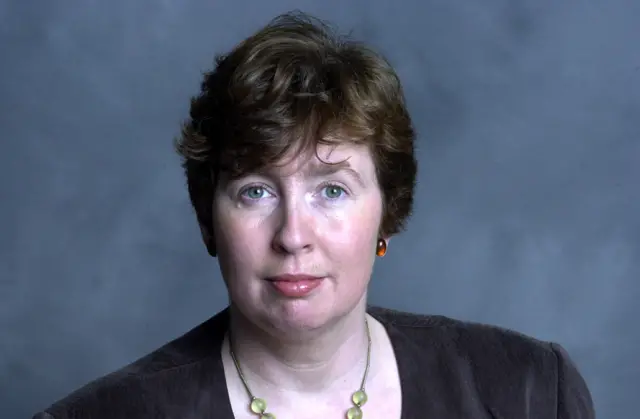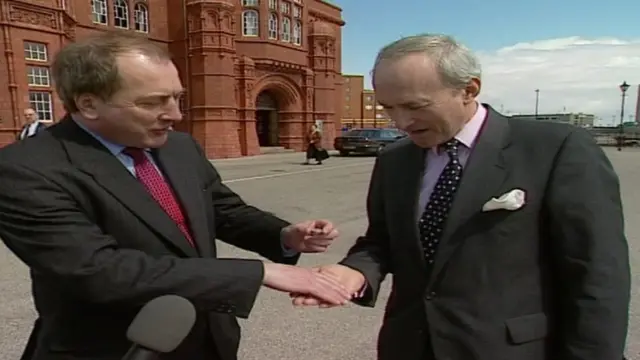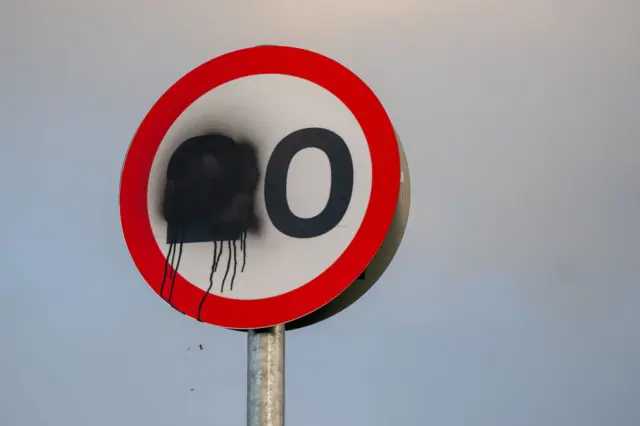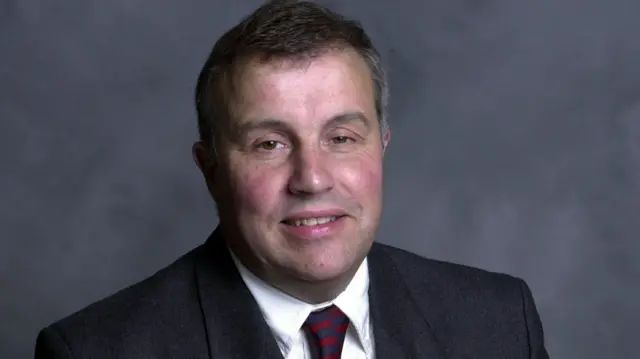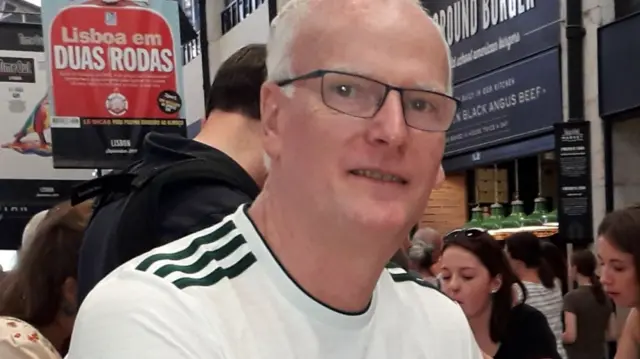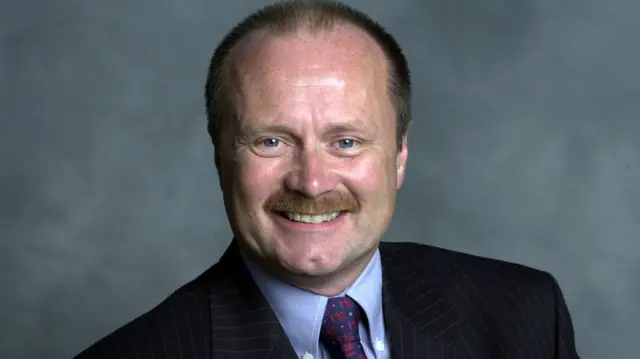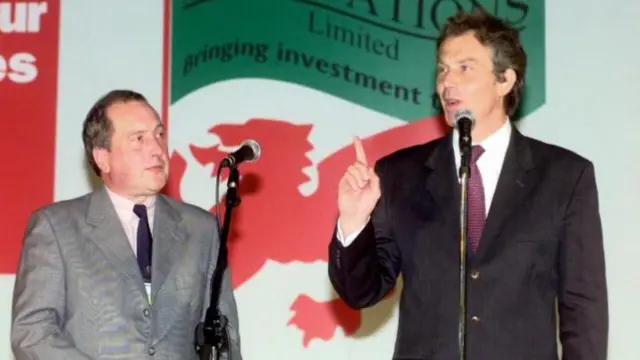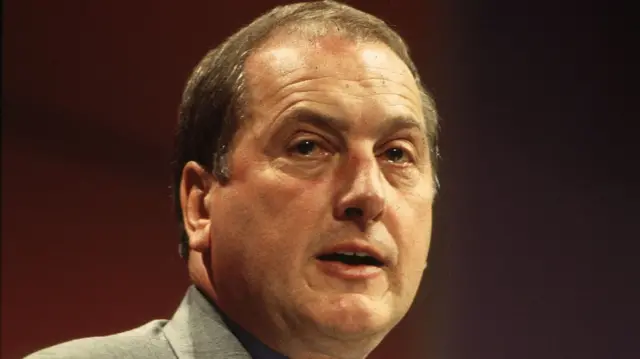Labour always the biggest - but usually need some helppublished at 14:40 BST 7 May 2024
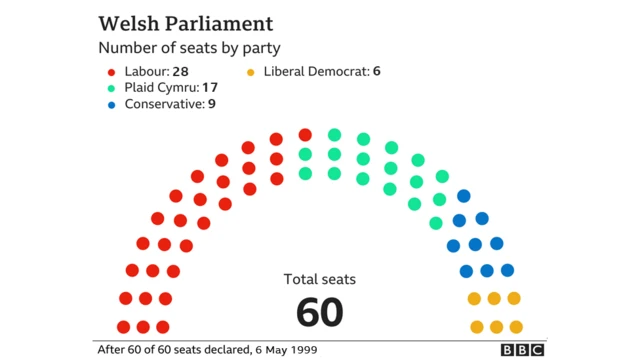
How the first National Assembly for Wales looked after the 1999 election
Spoiler alert. Labour won the most seats at the first assembly election in 1999.
And you probably know Labour have had the most assembly or Senedd seats in all the Welsh elections since devolution.
In fact, now the Welsh Labour government is the longest standing administration in the UK.
But in '99, especially just two years after Tony Blair's New Labour landslide general election triumph, Labour was expected to do much better and gain overall assembly control.
However, it got a bloody nose from Plaid Cymru shocking political commentators by winning seats in Labour strongholds like Islwyn, Rhondda and Llanelli.
It all started going wrong for Labour with the Ron Davies scandal and the man who was going to be Wales' first first minister - or secretary as it was back then - quitting after a "moment of madness" on Clapham Common.
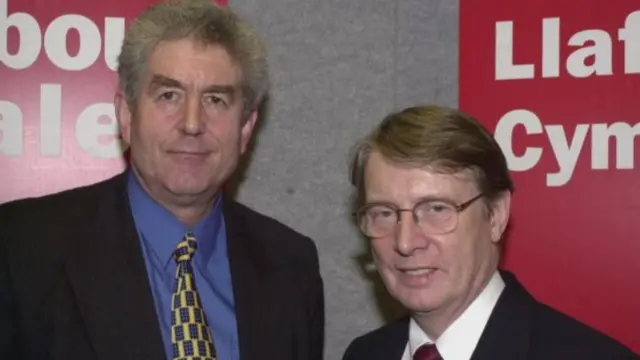 Image source, PA Media
Image source, PA MediaGrassroots Labour members overwhelmingly backed Rhodri Morgan (left) to become Wales' first first secretary, but thanks to the way the electoral college ran, Alun Michael (right) got the job
Many felt Blair then imposed Alun Michael to lead Welsh Labour when the grassroots wanted Rhodri Morgan, who later did become leader.
"You cannot spend over a year wrangling inside the party fighting a bitter leadership and expect to just sail in," Peter - now Lord - Hain said at the time. "There are serious lessons for Labour here."
Plaid capitalised and mobilised its vote, crashing Labour's 1999 party - and Labour has usually had to rely on votes of members from other parties to govern ever since 1999 - with the exception of a short period in the early 2000s.
